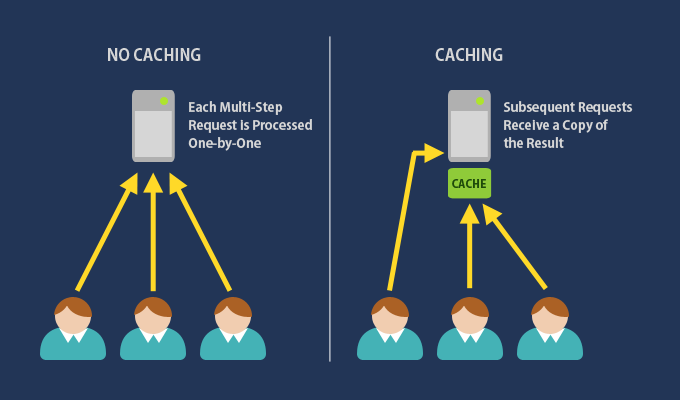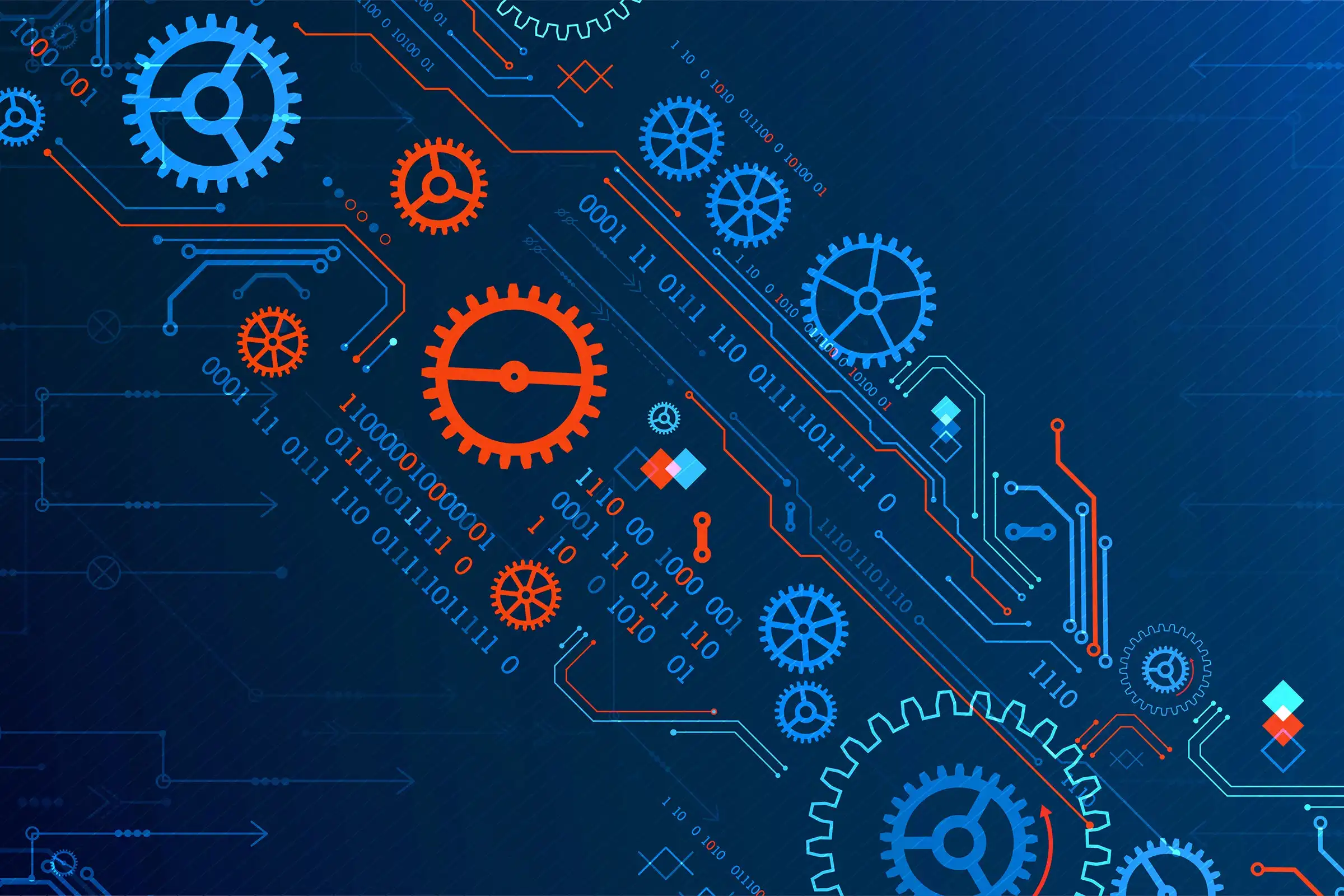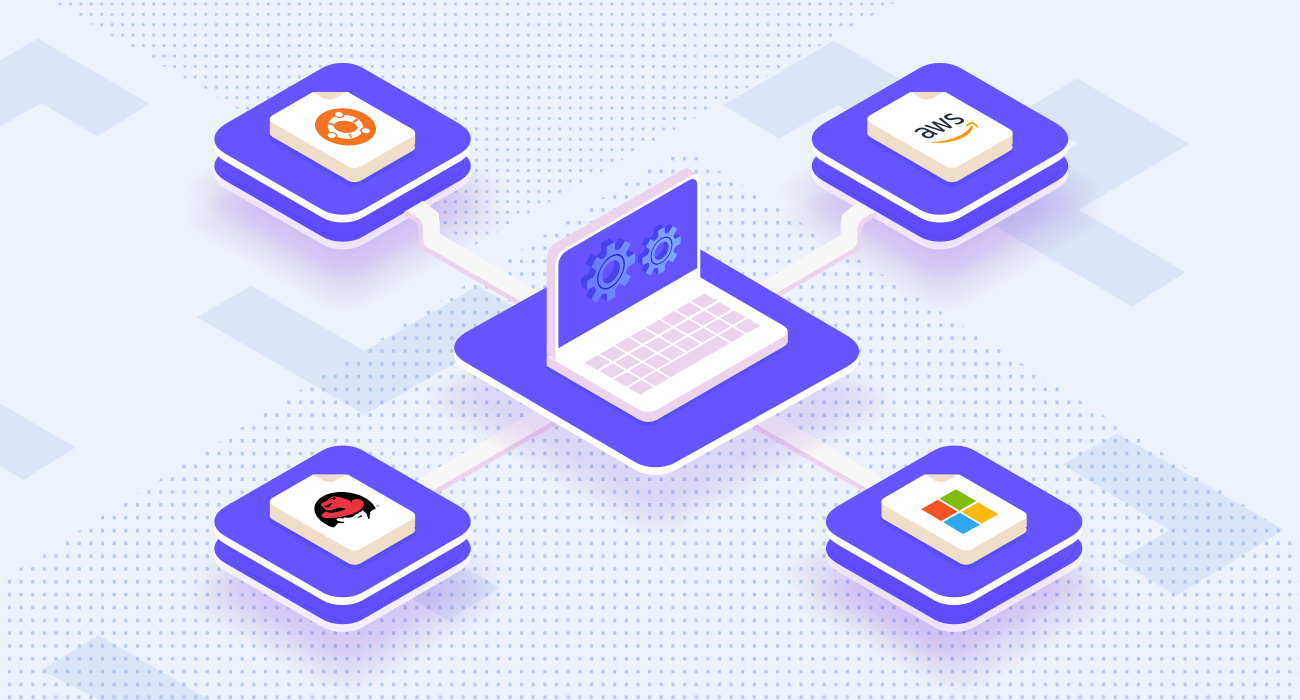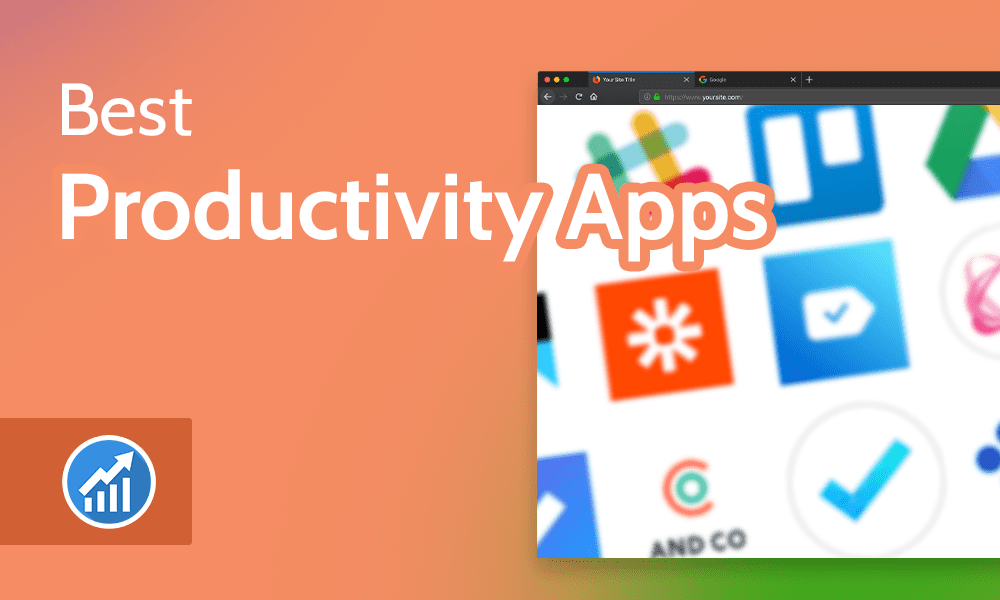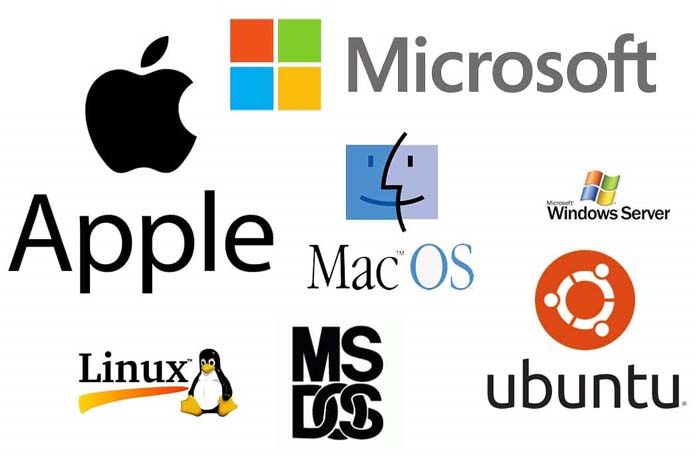
Different operating systems (OS) offer unique benefits depending on their design, purpose, and target audience. Here are the benefits of some of the most common operating systems:
1. Windows OS (Microsoft)
- User-Friendly Interface: Windows has a familiar, user-friendly interface that is easy for beginners to navigate, making it a good choice for general consumers.
- Software Compatibility: Windows has wide software compatibility, supporting most popular software, games, and business applications.
- Gaming Performance: It is one of the best choices for gamers due to excellent hardware support, gaming performance, and a large library of compatible games.
- Enterprise Support: Windows is popular in business environments due to its strong support for productivity software, enterprise tools, and networking features.
2. macOS (Apple)
- Optimized Hardware and Software Integration: macOS is designed specifically for Apple hardware, which results in smooth, stable performance and excellent resource optimization.
- Security: macOS is considered more secure compared to many other operating systems due to its Unix-based architecture and built-in security features.
- Creative Software: Many creative professionals prefer macOS for its seamless support of graphic design, music production, and video editing software like Final Cut Pro and Logic Pro.
- User Experience: The operating system offers an elegant, polished user interface and an ecosystem that integrates well with other Apple devices, providing a consistent user experience.
3. Linux OS
- Open Source: Linux is open-source, meaning users can modify and customize it to fit their specific needs. There are numerous distributions (distros) to choose from, each with unique features.
- Security: Linux is considered highly secure due to its Unix-based architecture, reduced susceptibility to viruses, and frequent security updates.
- Customization: Users have full control over the system, which allows advanced users to customize every aspect of their OS, from the kernel to the desktop environment.
- Performance: Linux is highly efficient and can run on older hardware without performance issues, making it a good choice for users with outdated computers or those who want a lightweight OS.
- Development Environment: It’s favored by developers and programmers due to built-in support for programming tools and server-related applications.
4. Android OS (Google)
- Customizability: Android is highly customizable, allowing manufacturers and users to modify the OS to suit their needs. It also supports a wide range of apps from the Google Play Store.
- Wide Hardware Support: Android runs on a variety of devices across different price points, providing options for all budget levels.
- Google Integration: It integrates well with Google services like Gmail, Google Drive, and Google Assistant, which are widely used by individuals and businesses.
- Open Source: As an open-source operating system, Android allows developers to create custom versions (custom ROMs), offering unique experiences and features.
5. iOS (Apple)
- Optimized Hardware: Like macOS, iOS is built specifically for Apple’s hardware, resulting in smooth performance and better optimization.
- App Quality: Apple has strict guidelines for apps on its App Store, which often leads to higher-quality apps compared to other mobile platforms.
- Privacy and Security: iOS is known for its focus on privacy and security, with strong data encryption, regular updates, and a more controlled app ecosystem.
- Ecosystem: It integrates seamlessly with other Apple products, providing a cohesive experience across iPhones, iPads, Macs, and other Apple devices.
6. Chrome OS (Google)
- Lightweight and Fast: Chrome OS is lightweight and runs smoothly even on less powerful hardware. It’s optimized for web-based tasks and runs primarily on cloud services.
- Security: Chrome OS features a highly secure, sandboxed environment, which makes it resistant to malware and security threats.
- Automatic Updates: The OS updates automatically, keeping the system secure and up-to-date without user intervention.
- Ease of Use: Chrome OS is easy to use, making it a good choice for students, casual users, and those who mainly use web applications.
7. Unix
- Stability: Unix is known for its stability, making it popular in servers, workstations, and critical systems that require maximum uptime.
- Security: It offers robust security features and is less prone to viruses and other security threats.
- Multi-User and Multi-Tasking: Unix was designed as a multi-user, multitasking system, allowing multiple users to work on the same system simultaneously.
Each operating system has unique benefits that suit different types of users and use cases. Windows is versatile and popular for general use, macOS is favored by creative professionals, Linux offers flexibility and customization, and mobile OS options like Android and iOS provide specialized features for mobile devices.

